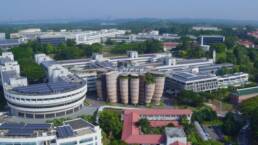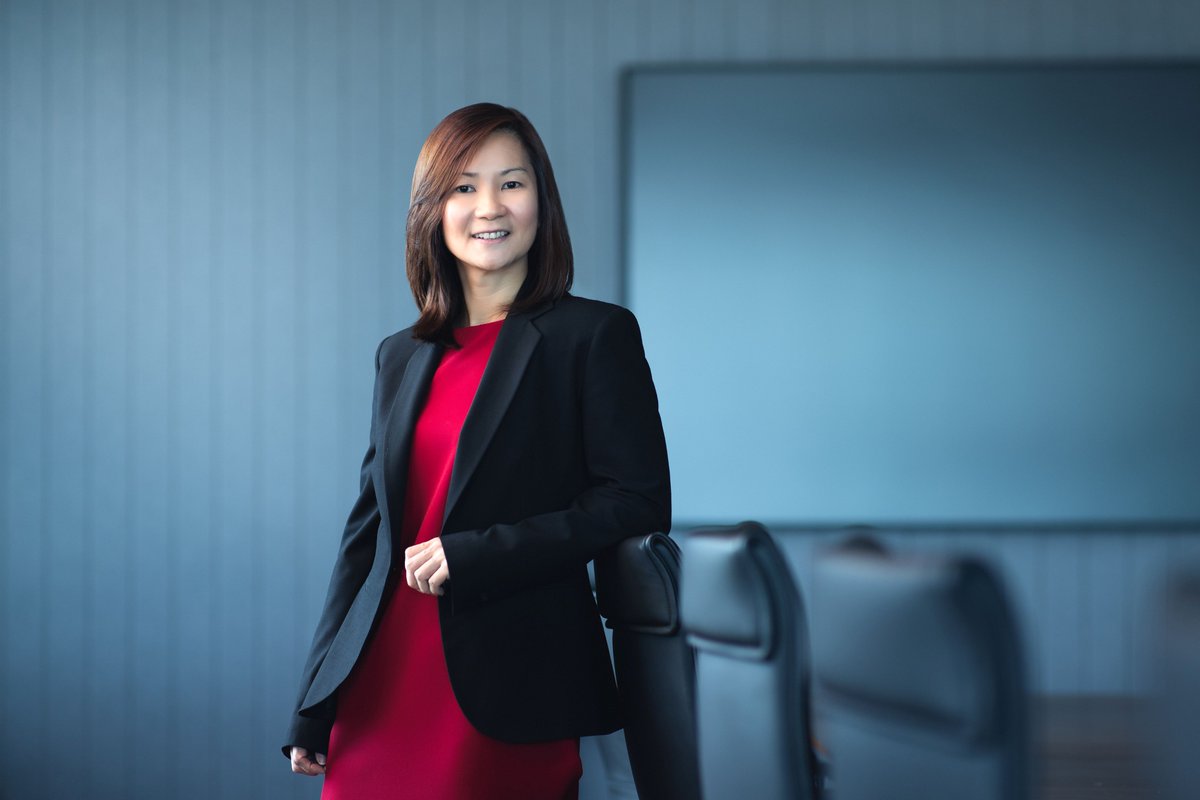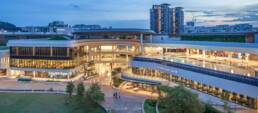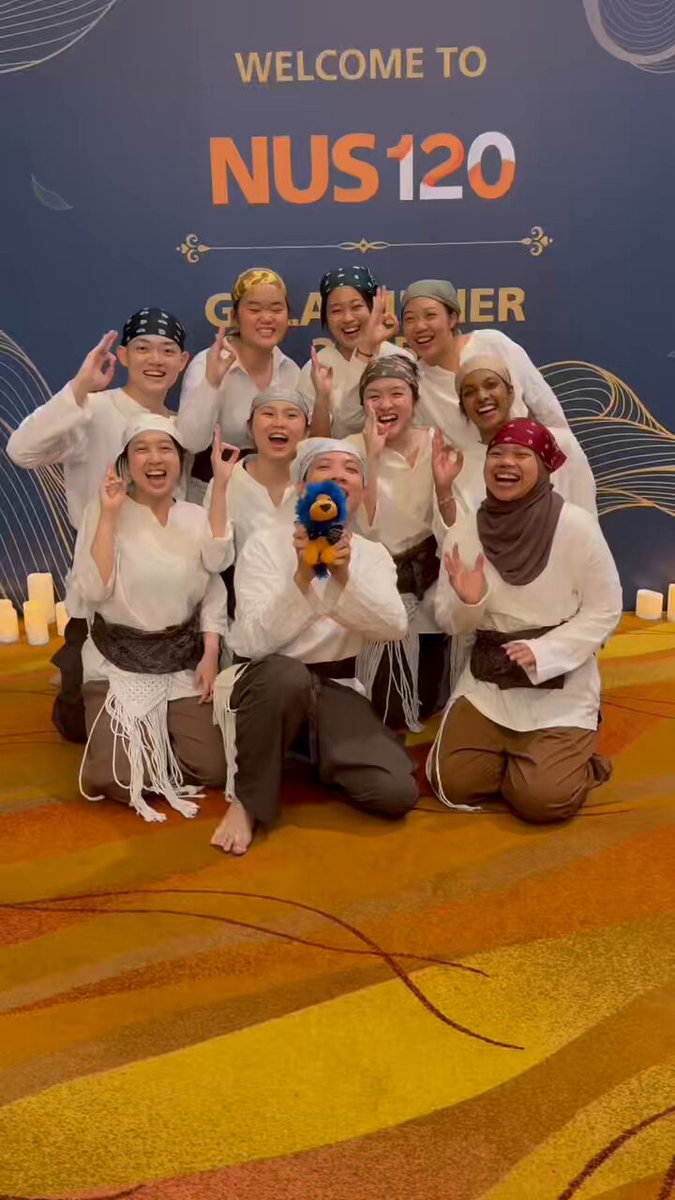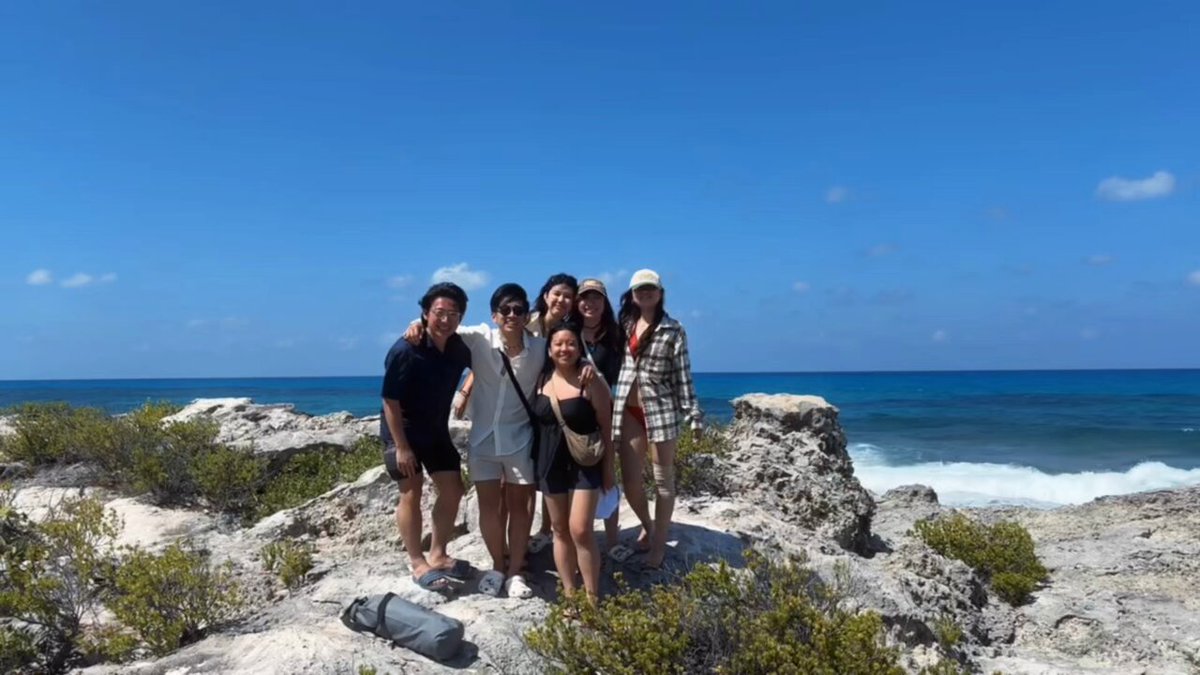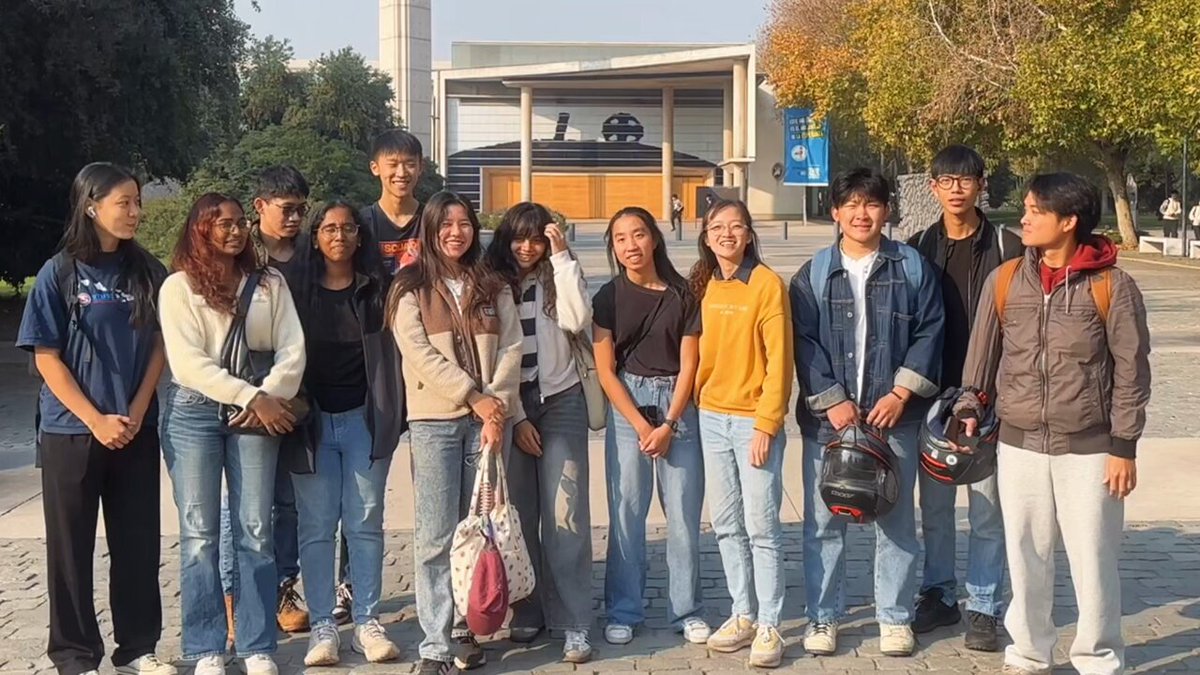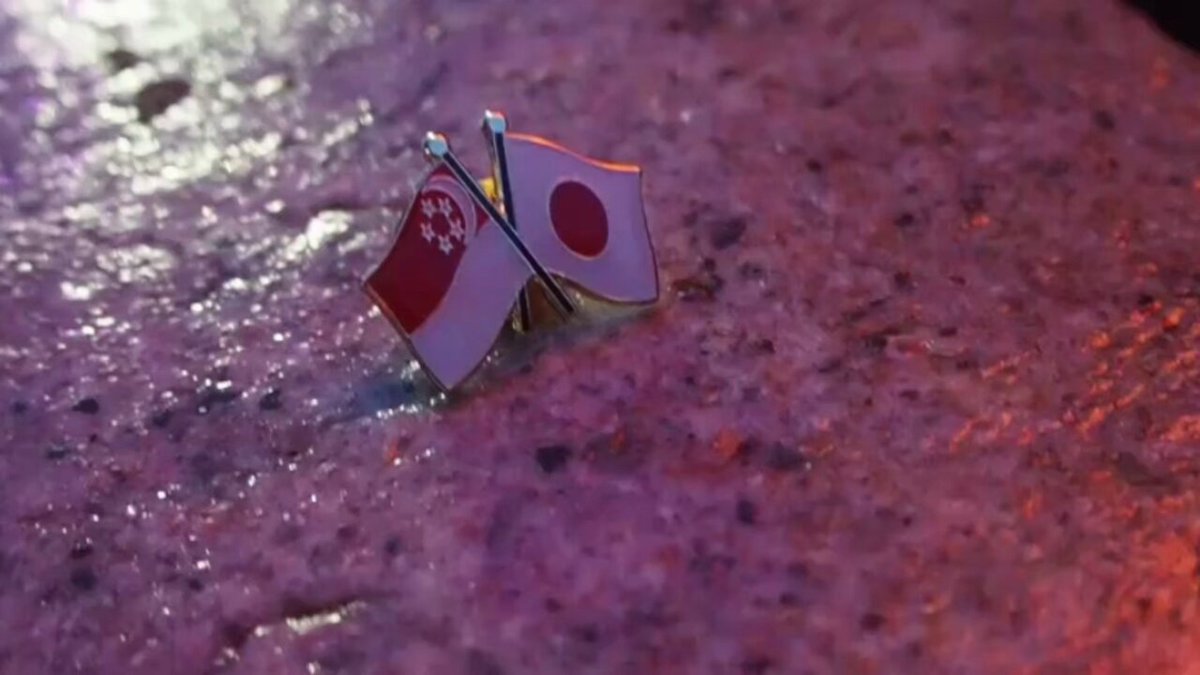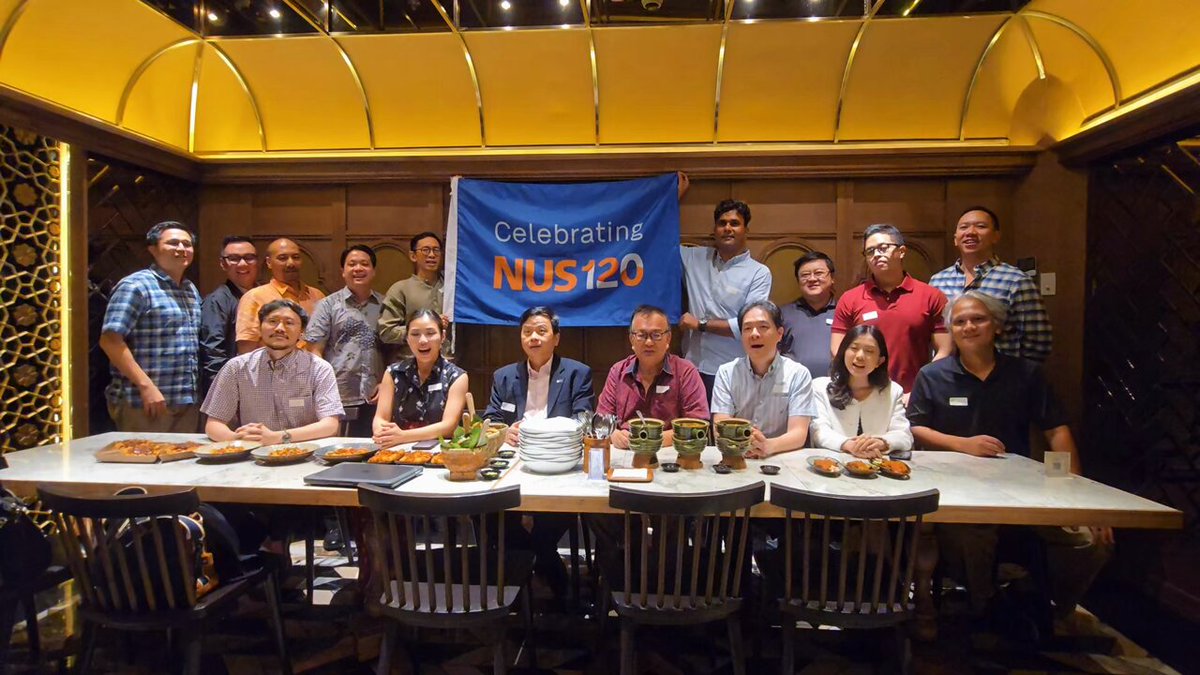Nanyang Technological University - NTU Singapore

W100 Representative
Dr Vivien ChiongChief Communication Officer
Dr Vivien Chiong is Chief Communication Officer at Nanyang Technological University, Singapore, ranked the world’s best young university by Times Higher Education in 2024. Dr Chiong leads the team that manages NTU’s reputation, brand, media relations, creative and marketing activities, alumni and donor communication, and the University archives. Her brand positioning and campaigns for NTU have been recognised with over 100 industry awards and more than 10 individual awards since 2010. An early adopter of new digital technologies in communication, Dr Chiong has guided her team in launching innovative applications of augmented reality and AI in communications. A former journalist, Dr Chiong has headed communication teams in diverse industries ranging from broadcasting to water and the environment. She received her PhD from NTU’s Wee Kim Wee School of Communication and Information and has served as an adjunct professor. In 2020, she received the National Day Silver Medal for Administration from the President of the Republic of Singapore.

A research-intensive public university, Nanyang Technological University, Singapore (NTU Singapore) has 35,000 undergraduate and postgraduate students in the Business, Computing & Data Science, Engineering, Humanities, Arts, & Social Sciences, Medicine, Science, and Graduate colleges.
NTU is also home to world-renowned autonomous institutes – the National Institute of Education, S Rajaratnam School of International Studies and Singapore Centre for Environmental Life Sciences Engineering – and various leading research centres such as the Earth Observatory of Singapore, Nanyang Environment & Water Research Institute and Energy Research Institute @ NTU (ERI@N).
Ranked amongst the world’s top universities, the University’s main campus is also frequently listed among the world’s most beautiful. Known for its sustainability, NTU has achieved 100% Green Mark Platinum certification for all its eligible building projects. Apart from its main campus, NTU also has a medical campus in Novena, Singapore’s healthcare district.
The latest from Nanyang Technological University
Hot prospect underground: Scientists from the Energy Research Institute @ NTU, TUMCREATE and @SurbanaJurong have discovered strong geothermal potential in northern Singapore, with temperatures reaching 122°C at 1.76 km deep in Sembawang. The findings were shared at a recent…
Gearing up young minds: At the recent OneArena Robotics Challenge 2025, 110 young sparks from 12 pre-tertiary institutions took learning beyond the classroom. Organised by the #NTUsg College of Engineering, this year’s challenge ran under the “Guardians of Nature” theme,…
As Changi Airport Terminal 5 begins to take shape, retail expert Dr Lynda Wee, Adjunct Associate Professor at #NTUsg Nanyang Business School,
sees an opportunity to redefine the travel experience. In a @straits_times commentary, she envisions T5 as a lifestyle destination…
Innovating with industry giants: Leading companies are establishing industry research labs with #NTUsg to gain early access to top-notch research and innovations that can help them develop products and services to address real-world pain points and challenges.
There are now…
Deep in the heart of Sabah’s lush landscapes, @ntu_ase ecology majors got hands-on with conservation science during an unforgettable field trip led by Assoc Prof Eleanor Slade. Students conducted fieldwork in the Danum Valley Conservation Area, measured forest carbon and biomass…
Expanding research horizons: #NTUsg has signed an agreement with @MitacsCanada to expand research opportunities for our students and strengthen academic ties with Canada. Through the Mitacs Globalink Research Internship (GRI) programme, NTU undergraduates can take part in 12-week…
The National Semiconductor Translation and Innovation Centre for #GalliumNitride, officially launched by the Agency for Science, Technology and Research (A*STAR), DSO National Laboratories and #NTUsg, aims to deepen Singapore’s position as a global hub for advanced #semiconductor…
STEM-ulating journeys start here: 33 students from Yuying Secondary School recently explored #STEM through a hands-on camp led by student volunteers from NTU Mecatron, an award-winning #NTUsg team that specialises in autonomous underwater systems. Over three days, they built…
“Focus on meaningful work rather than titles,” says #NTUsg School of Mechanical & Aerospace Engineering alumna Cindy Lim, CEO of Keppel's Infrastructure Division and Chairperson of NTU’s College of Engineering Advisory Board.
#NTUsgAlumni #InternationalWomenInEngineeringDay…
This #InternationalWomenInEngineeringDay, Cindy reflects on how her NTU education shaped her mindset and why she believes leadership is about creating space for others to thrive. http://ntu.sg/alum-cindy-lim
#NTUsgAlumni #WomenInEngineeringDay #Engineering
Ranked among the best universities globally for AI, NTU is placed 2nd for AI by US News & World Report.
NTU is the winner of two global sustainability awards - Whole Systems Approach Excellence Award and the EuroCham Sustainability Award
In the 13th Times Higher Education (THE) Young University Rankings released in May 2024, NTU was ranked the world’s best young university for the second year running.
Smart campus, smarter thinking
The NTU Smart Campus is a living testbed of tomorrow’s technologies that demonstrates how innovative digital and tech-enabled solutions support better learning and living experiences, the discovery of new knowledge, and the sustainability of resources.
Home to a critical mass of talent and infrastructure in the key areas that are shaping the Fourth Industrial Revolution, NTU Singapore is working with industries and the government to spearhead innovations for the betterment of society.
In 2024 NTU launched the College of Computing and Data Science, to deepen its investment and efforts in artificial intelligence, computing, and data science. Through a suite of cutting-edge programmes and state-of-the-art research facilities, the college aims to groom the next generation of leaders, thinkers, and innovators for the digital age.
Mission and vision
Mission
To nurture leaders and create societal impact through education, research, and service.
Vision
A great global university founded on science and technology.
Global Reach
NTU’s international outreach is broad and strong and includes more than 570 academic and research partnerships with institutions across the United States, Europe, the Asia-Pacific and beyond. The University has over 250 industry partners, including more than 20 corporate and joint labs set up with industry leaders such as Alibaba and Rolls-Royce. Two-thirds of NTU’s faculty and research staff are international, representing more than 70 countries.
In 2017, NTU joined the Association of Pacific Rim Universities (APRU), a consortium of more than 60 research-intensive universities linking the Americas, Asia and Australasia. NTU is also a founding member of the Asian Science and Technology Pioneering Institutes of Research and Education (ASPIRE) League, which comprises 5 leading technological institutions in East Asia working together to enhance collaboration in research and exchange of students and faculty.
Sustainable Innovation
In October 2021, NTU unveiled a 15-year sustainability manifesto with a pledge to achieve carbon neutrality by 2035, halve net energy utilisation and launch new sustainability courses, among other initiatives. NTU also became the first university in the world to issue a sustainability-linked bond.
The University’s main campus hosts eight zero-energy buildings, the most among organisations in Singapore. These include two of Asia’s largest wooden buildings, Gaia and The Wave.
NTU is the winner of two sustainability awards – the Whole Systems Approach Excellence Award conferred by the International Sustainable Campus Network (ISCN) which recognises the university’s sustainable practices in the areas of research, education, community engagement, and infrastructure developments, and the EuroCham Sustainability Award in the Environmental, Social and Governance Investments category where NTU was the only Institute of Higher Learning among the finalists.
Research Strategy
NTU performs cutting-edge research through various strategic national and international research programmes. The University hosts two out of seven national Research Centres of Excellence (RCEs) – the Singapore Centre for Environmental Life Sciences Engineering and Institute for Digital Molecular Analytics and Science, all conducting research aligned with the long-term strategic interests of Singapore.
NTU is also the lead local partner in 7 out of 9 national CREATE centres, set up with elite international universities.
Research in NTU is carried out within and across the colleges/schools and RCEs, supported by 36 university-level research institutes.
Research Clusters
NTU’s research plan is anchored by six clusters from Science, Technology, Engineering & Mathematics (STEM), as well as Social Sciences, Humanities & the Arts for People & the Economy (SHAPE).
These interdisciplinary clusters are aligned to NTU’s Humanity Grand Challenges and mapped to strategic priorities:
- Health & Society
- Resilient Urbanisation & Natural Ecosystems
- Artificial & Augmented Intelligence
- Future of Industry
- Brain & Learning
- Culture, Organisations & Society
National University of Singapore
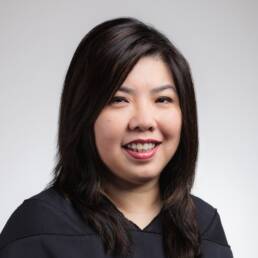
W100 Representative
Ovidia Lim-Rajaram
Chief Communications Officer
Ovidia oversees institutional communications at the National University of Singapore (NUS). Her remit includes reputation management, strategic communications, branding and marketing communications, digital communications, special events and protocol, issues management as well as crisis communications. She is also the press secretary to the university president, and university spokesperson. In her earlier life, Ovidia was an award-winning newspaper reporter, broadcast journalist, and a media studies lecturer. She graduated from National University of Singapore in political science and history, and holds an MA in International Communication from Macquarie University.
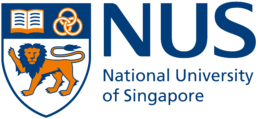
National University of Singapore (NUS) is a leading global university centred in Asia, founded in 1905 through the donation of $87,000 raised by the local community and with an initial enrolment of 23 students. Today, they are Singapore’s flagship university consistently ranked first in Asia and among the leading universities in the world.
The National University of Singapore has 3 campuses; Kent Ridge, Bukit Timah and Outram. With 13 undergraduate schools, 4 graduate schools and 30 university-level research institutes and centres, the university is renowned for its pioneering new models of innovation.
The Latest from National University of Singapore
We’re here at the #NUS120 Gala Dinner with NUS Dance Blast, stars of this evening’s opening performance! The NUS community commemorates 120 years of building a world-class university, a warm community, and a place we can call home 🦁❤️
From Vietnam with pride – Ms Bui Kim Thuy, #NUSAlumni Ambassador in Hanoi, sends her warm wishes, joining the world in celebrating NUS’ 120 years of education, impact, and innovation!
Sending love from the Big Apple and the heart of tech innovation. From coast to coast, happy #NUS120 from our students at NUS Overseas Colleges in New York and Silicon Valley.
Have you been to the bean? 🫘 It’s the Chicago Cloud Gate, and our students at NUS Overseas Colleges in Chicago drop in to send some #NUS120 birthday cheer from afar!
Happy #NUS120, from our students Delia and Dat Le Mai Tan (Daniel) in the United Kingdom! Delia and Daniel, currently on exchange in UK, join the global chorus of well wishes—Daniel from London, and Delia from her travels in Morocco.
Greetings from the Southern Hemisphere as students from the NUS Overseas Colleges in Santiago, Chile, send their birthday greetings to NUS, from the campus of UC San Joaquín! #NUS120
A magical sight as our #NUSAlumni in Japan send their NUS birthday greetings right at the foot of the iconic Tokyo Tower! Arigato Gozaimasu to the NUS Alumni Network Tokyo. #NUS120
It’s noon of NUS’ 120th birthday! More “Every Hour on the Hour” birthday greetings, this time from our friends from #SoutheastAsia - Terima kasih and salamat po to the #NUSAlumni Networks in Jakarta and Manila! #NUS120
From Europe, #NUS120 birthday greetings from @NUSComputing undergrad Lewis Lye, currently on exchange in Munich, and our College of Alice & Peter Tan residents who were on their NUS Study Trips for Engagement and EnRichment (STEER) programme in Sarajevo!
The National University of Singapore hosts 154 Master's degrees, Doctoral degrees, Graduate diplomas
The university has 31.3K Undergraduates &11.3K Graduate students
National University of Singapore started out as a modest medical school with 23 students in 1905, founded by a determined group of businessmen led by Tan Jiak Kim, to serve the needs of the local community. More than 100 years on, they are Singapore’s flagship university
Founded by the community
for the community
The National University of Singapore has built a global network of partner institutes in education and research, with collaboration promoting an exchange of ideas that can lead to high levels of research and groundbreaking innovation.
The university has 13 partnerships, 31 partners and 4 network associations globally.
The National University of Singapore Overseas College programme, which allows participating students to experience international and entrepreneurial exposure, has nine locations including Beijing, Israel, Lausanne, Munich, New York, Shanghai, Silicon Valley, Singapore and Stockholm.
Strategic Thrusts
P romote the NUS brand name internationally
R aise the global awareness of NUS students and staff
I dentify partnerships for a transformative global experience
D evelop international programmes for our students, staff and partners with the support of NUS Faculties/Schools and Departments
E ngage NUS faculty and staff to enhance processes and services that facilitate international activities on NUS’ campuses
Mission and vision
- VISION: a leading global university shaping the future
- MISSION: to educate, inspire and transform
- VALUES: innovation, resilience excellence, respect, integrity
An integrated approach that brings together researchers from diverse fields
$758.12m
Research Funding Awarded
30
University-level Research Institutes and Centres
Consistently ranked as one of the top universities in Asia and the world, the National University of Singapore is internationally respected for its high-quality research in science, technology and the humanities – and, increasingly, at the interfaces between the areas.
The National University of Singapore published 8,341 papers in international journals during 2015, 814 projects were launched, and 687 projects completed.
Become a Member
The World 100 Reputation Network is a group of the best universities in the world, delivering research that enhances reputation and offering leaders the chance to develop their own careers on a global stage. Members benefit from events and study tours, training, monthly media monitoring, and unique reputation research to provide institutional advantage.


